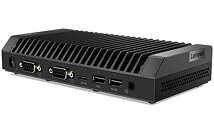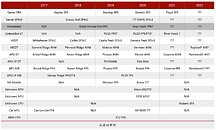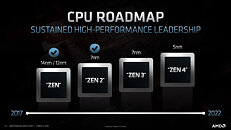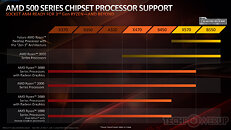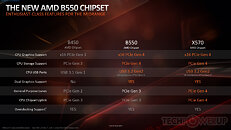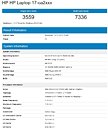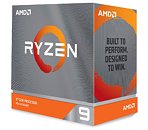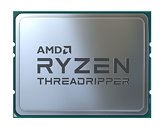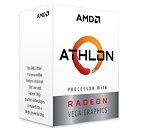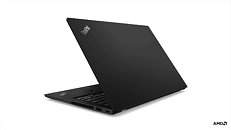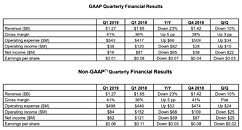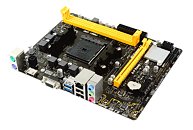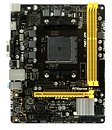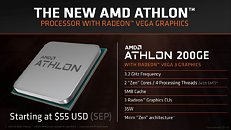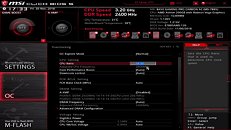
AMD Athlon K7 CPU Easter Egg Discovered Decades Later
An AMD Athlon K7 "Pluto" processor has been examined by Fritzchens Fritz, a well known close-up photographer of CPU and GPU dies—his latest project has uncovered a decades old hidden secret. He posted this discovery to social media earlier this week, and made sure to include various images for context purposes: "AMD Athlon K7 Pluto Top Metal Layer. A revolver and Texas Map can be found in one of the four corners! And some explanations about the stone relief. The relief contains the AMD Athlon K7 Series from: Argon -> Pluto -> Thunderbird -> Palomino -> Thoroughbred -> Barton." Team Red's turn of the millennium mainstream processor family fought off Intel's Pentium III CPU architecture (1999 to 2000)—many contemporary reports have handed that time period's victory to AMD. Fritz's funny find received a lot of news coverage, with many authors expressing disbelief about the miniscule revolver and Map of Texas being hidden in (sort of) plain sight for nearly 25 years.
Phil Park, an AMD veteran—currently working in the memory systems department as a Fabric performance engineer—posted an insightful reply to Fritz's historical guesstimations (Greco-Roman themes via the stone relief). Another Team Red revelation was revealed: "The original Athlon naming scheme (Mustang, Thunderbird, Spitfire) had a different theme (cars), but the rumor was that some companies got wind of this, so we changed themes rather than get involved in dumb trademark battles over internal codenames. So it became horses." If we read between the very obvious lines, Park suggests that Ford, Chevrolet, and BMW were keeping an eye on AMD product naming conventions.
Phil Park, an AMD veteran—currently working in the memory systems department as a Fabric performance engineer—posted an insightful reply to Fritz's historical guesstimations (Greco-Roman themes via the stone relief). Another Team Red revelation was revealed: "The original Athlon naming scheme (Mustang, Thunderbird, Spitfire) had a different theme (cars), but the rumor was that some companies got wind of this, so we changed themes rather than get involved in dumb trademark battles over internal codenames. So it became horses." If we read between the very obvious lines, Park suggests that Ford, Chevrolet, and BMW were keeping an eye on AMD product naming conventions.













